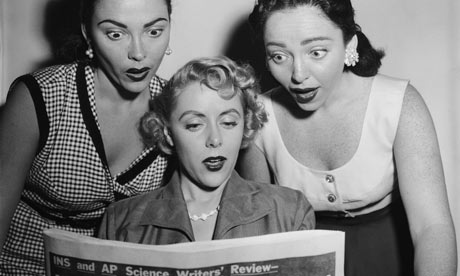Buddy was 'Travelling home again.' or ' Home to nightmare' as he later describes it. Usually homes are associated with peace, calm and love, so when Buddy clarifieshat going home will be a nightmare, it's quite obvious he feels upset about something that happened there. Because this passage is halfway through the book, as a reader, one can infer some reasons why he has this reaction towards his home. One of them is the fact he will be returning to his lying wife and another can be going back to his very despised job as a barber.
The passage continues: 'The earth brown. Rubbing my brain against the cold window of the bus I was sent travelling my career on fire and so cruise home again now.' (106) These powerful sentences confess the real reason why he's back: his career failed. Anyone who has been in Buddy's position can understand his anger and frustration. However, Buddy continues on to say how 'we must go deeper with no justice and no jokes' as if his life has lost its purpose and he has lost his faith. (106) In a way, it seems as though he is surrendering into that hole that has pulled down since the beginning of the book.
Later, Buddy explains how 'All my life I seemed to be a parcel on a bus'. I suppose lots of people have always considered themselves 'just another brick in the wall' but in truth, its a pitiful thing that such thoughts cross people's minds. Obviuosly, this is a root to Buddy's many problems, including his lack of self esteem.
The next sentences in the passage pose a contradicting statement: ' I am the famous fucker. I am the famous barber. I am the famous cornet player. Read the labels. The labels are coming.'(106) Boldenn now explains that in fact, it was his trade that made him stand out. It was his job as a barber, a musician that gave him the fame that allowed society to label him and put him somewhere he found very hard to leave. Just like his vulnerable clients in pg 48, his anger reflects his own inability to have control over everything. He's realizing that society has taken control over him and his action through the labels and reputation he was given. The tone is demanding and sarcastic in a very spooky way, the last clause is almost threatening.
